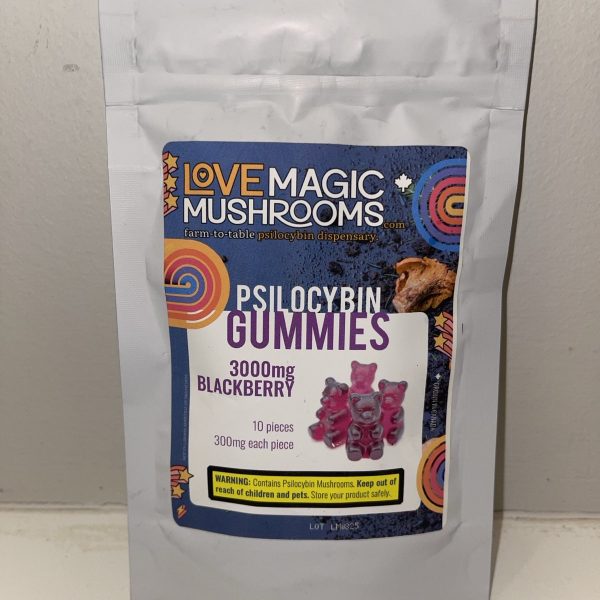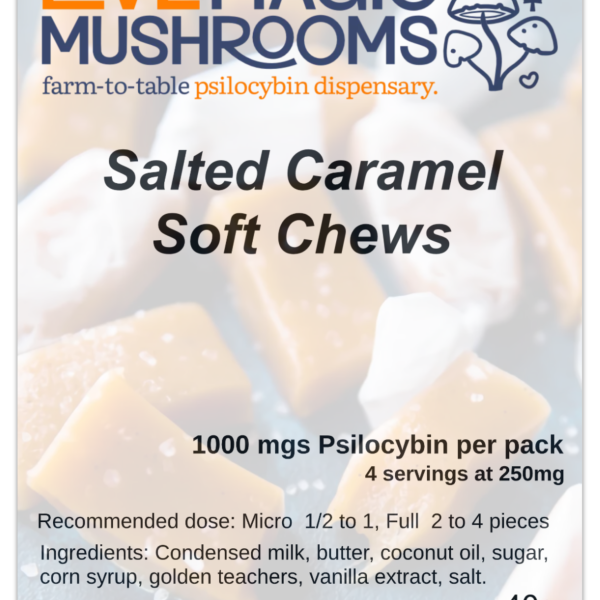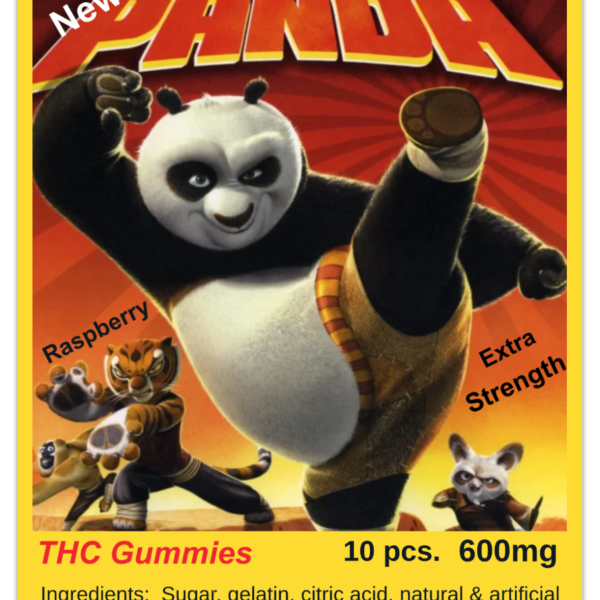
Psychedelic research studies are completely changing how we think about mental health treatment. What used to be underground experiments in the 60s are now happening in top medical schools and research hospitals around the world. Scientists are running serious clinical trials to see how substances like psilocybin, MDMA, LSD, and ayahuasca can help treat depression, PTSD, addiction, and other mental health problems.
We’re not talking about hippies in labs anymore. These are legitimate researchers working with strict safety protocols, getting approval from medical boards, and publishing their results in major scientific journals. The findings coming out of these studies are pretty incredible and could change how doctors treat mental health conditions.
The numbers speak for themselves. Some trials are showing success rates that blow traditional treatments out of the water. For conditions like treatment-resistant depression and PTSD, we’re seeing response rates of 70-90% in some studies. That’s huge when you consider that many of these patients had tried everything else without success.
The Current State of Psychedelic Clinical Trials
Today’s psychedelic research studies follow completely different rules than the wild experiments from decades ago. Modern trials use the gold standard approach with randomized, double-blind, placebo-controlled designs whenever possible. The tricky part is that when someone takes psilocybin or MDMA, they usually know they didn’t get the sugar pill.
The FDA has given breakthrough therapy status to both MDMA for PTSD and psilocybin for depression. This basically means the government thinks these treatments are promising enough to fast-track through the approval process. That’s a big deal and shows how much the official attitude has changed.
Major Research Institutions Leading the Way
Johns Hopkins is probably the biggest name in this field right now. Their Center for Psychedelic and Consciousness Research has published some of the most important papers on psilocybin therapy. Their depression studies consistently show amazing results, with many people feeling better months after just one or two treatment sessions.
Imperial College London is doing groundbreaking work with brain scans. They’re actually showing us what happens in your brain when you take psychedelics. The scans reveal that these substances temporarily shut down what scientists call the default mode network. That’s the part of your brain that’s always thinking about yourself and worrying about stuff. When that gets quieter, people seem to have breakthroughs in therapy.
NYU focuses a lot on helping cancer patients deal with the fear of dying. Their studies show that guided psychedelic experiences help people process their mortality and find peace with terminal diagnoses. The psychological benefits stick around long after the drug effects wear off.
How Researchers Handle the Placebo Problem
Since people usually know when they’ve taken a psychedelic, researchers have gotten creative with placebos. Some studies use things like niacin, which makes you feel a bit flushed and tingly but doesn’t mess with your head. Others compare different doses instead of using inactive placebos.
The therapy part is just as important as the drug itself. Most studies include several therapy sessions before and after taking the psychedelic. This helps people prepare for the experience and then figure out how to use what they learned in their daily lives.
Dosing is still being figured out. Early studies often gave everyone the same amount, but now researchers are looking at personalizing doses based on body weight, mental state, and what condition they’re treating. Some trials are testing whether several smaller sessions work better than one big trip.

Breakthrough Studies in Depression and Anxiety Treatment
Depression research is where we’re seeing some of the most exciting results. COMPASS Pathways just finished the biggest psilocybin depression study ever, with 233 people from different countries. The results showed significant improvement compared to placebo, and the benefits lasted at least three months.
What’s really striking is how fast these treatments work. Regular antidepressants can take weeks or months to kick in, but people in psilocybin studies often feel better within days. For someone who’s severely depressed or thinking about suicide, that speed could be lifesaving.
Treatment-Resistant Depression Studies
Johns Hopkins published results showing that 54% of people with treatment-resistant depression went into remission four weeks after psilocybin treatment. These weren’t people who just hadn’t found the right antidepressant yet. These were folks who had tried multiple medications and therapies without success.
The brain science behind this is getting clearer. Psychedelics seem to help your brain grow new connections by boosting something called BDNF and making neurons sprout new branches. These physical changes in your brain might explain why people feel better for so long after treatment.
When researchers follow up with people a year later, many are still doing well without needing more psychedelic sessions. Some do benefit from occasional booster treatments, so scientists are trying to figure out the best schedule for follow-up sessions.
Anxiety Disorder Results
Anxiety studies are showing similar promise. UCLA researchers found that psilocybin treatment reduced anxiety scores by 42% compared to placebo. People described feeling less stuck in anxious thought loops and better able to handle stressful situations.
Social anxiety research has turned up some particularly interesting findings. The studies suggest that psychedelics might calm down your brain’s fear center during social situations. Brain scans show less activity in the amygdala, which is like your brain’s alarm system. This change seems to last well beyond the treatment session.
There’s a strong connection between having a mystical or spiritual experience during treatment and feeling less anxious afterward. People who report profound transcendent experiences tend to show bigger improvements in their anxiety symptoms. This spiritual component is something totally unique to psychedelic medicine.
PTSD and Trauma Recovery Research
MDMA therapy for PTSD might be the most promising trauma treatment we’ve seen in decades. The final Phase 3 trials showed that 88% of participants no longer qualified for a PTSD diagnosis three months after treatment. That’s an incredible success rate for such a tough condition to treat.
MDMA works differently than other psychedelics. Instead of making you see things that aren’t there, it makes you feel safe, empathetic, and emotionally open. This state lets people revisit traumatic memories without getting overwhelmed by fear or shutting down emotionally.
The therapy protocol usually involves three MDMA sessions spaced a few weeks apart, with regular therapy sessions in between. This gives people plenty of support while keeping the number of times they actually take the controlled substance to a minimum.
Military Veteran Studies
Veterans are a really important group for PTSD research because so many have symptoms that don’t respond to regular treatments. MDMA trials specifically recruiting veterans show response rates over 80%, with many participants able to stop taking other psychiatric medications.
Brain scans of veterans before and after MDMA treatment show some fascinating changes. The parts of the brain that get overactive from trauma calm down, while the areas responsible for emotional control get better at their job.
Sexual Trauma Recovery
People who’ve experienced sexual trauma, whether as children or adults, seem to respond particularly well to MDMA therapy. The drug’s empathy-boosting effects appear especially helpful for survivors of interpersonal trauma.
MDMA seems to help people develop self-compassion and reduce the shame that often comes with sexual trauma. This lets them process experiences that might have been too overwhelming to deal with in regular therapy.
Follow-up studies show that sexual trauma survivors tend to maintain their improvements better than people with other types of trauma. This finding could help doctors decide how to allocate resources and plan treatment programs.
Addiction Treatment Breakthroughs

Psychedelic research studies for addiction are showing us completely new approaches to treating substance use problems. Unlike most addiction medications that you have to take every day, psychedelics might provide lasting benefits from just a few treatment sessions.
Psilocybin studies for alcohol problems show really promising results. One major trial found that people who got psilocybin treatment had way more sober days compared to those getting standard care. The results were as good as or better than existing addiction medications.
Alcohol Use Disorder Research
NYU researchers found that just two psilocybin sessions plus therapy reduced heavy drinking by 83% over 32 weeks. People described fundamental changes in how they thought about alcohol. Instead of constantly fighting cravings, many said drinking just stopped appealing to them.
The brain changes behind these shifts involve areas responsible for self-awareness and decision-making. Brain scans show increased connections between regions that handle self-reflection and impulse control. This might explain why people develop better insight into their drinking patterns.
These brain changes stick around long after the psychedelic effects wear off. Studies using brain imaging show different responses to alcohol-related cues up to six months later, suggesting lasting changes in addiction-related brain circuits.
Smoking Cessation Results
Johns Hopkins psilocybin studies for quitting smoking produced the highest success rates ever documented in clinical trials. They achieved 80% abstinence at six months, compared to the usual 15-30% success rate with conventional smoking cessation aids.
People in tobacco studies often describe getting crystal-clear insight into the disconnect between their values and their smoking habit. Many report that cigarettes became “obviously disgusting” or “clearly pointless” after psilocybin treatment. It’s not about willpower anymore, it’s like their whole perspective shifted.
Again, the mystical experience factor predicts success. People who have more intense spiritual experiences during their psilocybin sessions are more likely to stay smoke-free long-term.
Neurological and Cognitive Research Applications
Scientists are starting to explore whether psychedelics might help with brain diseases like Alzheimer’s and recovery from brain injuries. Early research suggests these substances might protect brain cells and could slow down cognitive decline.
The way psychedelics help your brain form new connections has caught the attention of researchers studying traumatic brain injury recovery. Small studies suggest psilocybin treatment might help restore thinking abilities after concussions or other brain damage.
Early Alzheimer’s Disease Research
The preliminary research into psychedelics and dementia focuses on their anti-inflammatory effects and ability to protect brain cells. Lab studies show that psychedelics can reduce inflammatory markers linked to Alzheimer’s progression and might help grow new brain connections.
Small pilot studies with people showing early memory problems suggest that low doses of psilocybin might improve memory and mental flexibility. These studies are tiny though, and we need much bigger trials to know if this really works and is safe.
Psychedelics might also help other Alzheimer’s treatments work better by temporarily making the blood-brain barrier more permeable. This possibility has researchers interested in combination therapies.
Cognitive Enhancement Studies
Research on whether psychedelics can boost mental performance in healthy people shows mixed results. Some studies suggest improvements in creativity and problem-solving, while others find minimal benefits or even temporary impairments.
Microdosing studies are getting a lot of attention, though we don’t have much solid clinical data yet. People report better creativity, mood, and focus, but controlled trials often show smaller effects than users expect.
The ethics of using psychedelics for cognitive enhancement continue to spark debate. Questions about fairness, safety, and what it means for society need careful consideration as this research moves forward.
Safety Profiles and Risk Assessment Studies
Safety data from modern clinical trials consistently shows that psychedelics have remarkably low rates of serious problems when given in controlled medical settings. Having medical supervision and psychological support seems crucial for keeping people safe.
Researchers pay special attention to heart effects. While psychedelics can temporarily raise heart rate and blood pressure, serious heart problems are extremely rare in healthy participants. Studies carefully screen people for heart risk factors before letting them participate.
Long-term Safety Data
Long-term studies tracking people for years after psychedelic treatment show no evidence of increased psychological problems or drug abuse. Many participants actually report continued improvements in overall wellbeing and life satisfaction.
Unlike many psychiatric medications, psychedelics don’t cause withdrawal symptoms or physical dependence. People can stop treatment without tapering off or experiencing rebound effects, though some choose occasional booster sessions to maintain benefits.
Rare problems documented in clinical trials include:
- Prolonged anxiety that lasts beyond the treatment session
- Temporary confusion or disorientation
- Very rarely, brief psychotic episodes in people with predisposing factors
These events usually resolve quickly with proper medical support.
Screening and Safety Protocols
Research into proper screening procedures keeps evolving as more safety data becomes available. Current reasons to exclude people from studies include certain psychiatric conditions like schizophrenia, specific heart problems, and taking certain medications.
Family history of psychotic disorders gets particular attention in screening. Having relatives with schizophrenia doesn’t automatically disqualify someone, but researchers are extra careful and may exclude people with multiple risk factors.
How psychedelics interact with psychiatric medications remains an active area of study. Some medications may reduce psychedelic effects, while others could potentially increase risks. This leads to specific washout periods where people stop their regular medications before treatment.
Future Directions and Emerging Studies

The pipeline of new psychedelic research studies keeps growing, with trials launching regularly for all sorts of different conditions. Researchers are looking into applications from eating disorders to chronic pain, expanding what these treatments might be used for.
Combination therapy studies represent a particularly exciting direction. Scientists are exploring how psychedelics might make other treatments work better, like cognitive behavioral therapy, mindfulness training, or even other medications.
New Treatment Applications
Chronic pain research with psychedelics explores whether they can help break cycles of pain catastrophizing and disability. Early studies suggest that the consciousness-altering effects might help people develop new relationships with their pain experience.
Eating disorder trials are investigating whether psychedelics can help people with anorexia or bulimia develop healthier relationships with food and body image. The deep psychological insights often reported during psychedelic experiences might address underlying emotional issues driving disordered eating.
Autism spectrum disorder research examines whether psychedelics might improve social functioning and reduce repetitive behaviors. This research proceeds very carefully given the vulnerability of this population and our limited understanding of how psychedelics affect neurodivergent individuals.
Technology Integration
Virtual reality integration with psychedelic therapy represents an exciting new direction. Researchers are exploring how VR environments might enhance therapeutic outcomes by providing controlled, meaningful visual experiences during treatment sessions.
Digital therapy platforms are being developed to support the process between psychedelic sessions. These tools might help people process insights, track mood changes, and stay connected with their treatment team.
Artificial intelligence applications include analyzing therapy session recordings to identify what predicts good outcomes and developing personalized treatment plans based on individual characteristics and how people respond.
The field of psychedelic research studies keeps moving at breakneck speed, with each new trial adding to our understanding of these substances’ healing potential. The serious scientific approach now driving this research gives us confidence that these treatments may soon offer new hope for millions of people struggling with mental health conditions that haven’t responded to traditional treatments.
As approvals move forward and treatment methods get refined, psychedelic medicine looks ready to fundamentally change psychiatric care. The combination of fast-acting effects, long-lasting benefits, and relatively good safety profiles positions these treatments as potentially game-changing additions to our medical options.






